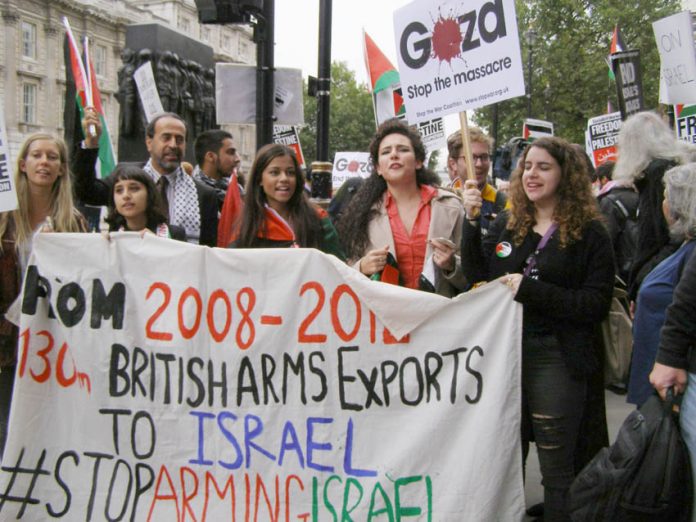
HUNGER striking Palestinian prisoners have rejected an Israeli proposal to ‘free’ them, on condition that they are expelled, the Palestinian Detainees and Ex-Detainees Committee said yesterday.
The committee explained that the Israeli Prison Service (IPS) put forwards the ‘offer’ as part of its efforts to force them to end their hunger strike. The committee said that the Israeli government is offering two choices; either to die as a result of hunger strike or to be expelled.
However, the proposal was rejected by every single Palestinian hunger striker. The committee identified new hunger strikers as Moath Abu-Nassar, Udai Byoumi, Mohammad Hawarin, Motasem Raqban, Ahmad Adawi, Ashraf and Hassan Zaghari, and Rabi’ Jibril, who suffers from a serious health condition.
The new hunger strikers joined another group of detainees who have been on hunger strike for 32 days in protest against their detention without charge or trial. The first group of hunger strikers are Nidal Abu ‘Akr, 45, Bilal al-Saifi, Ghassan Zawahra, 32, Bader al-Ruzza, Munir Abu Sharrar, Sahdi Ma‘ali, 39, and Salman Skafi.
The committee said that the Israeli government has been blackmailing and extorting hunger strikers using ‘unethical and illegal means’. The committee added that the new seven hunger strikers, who have started an open-ended hunger strike in solidarity with their fellow hunger strikers, brings the total number of hunger striking detainees to 15.
The committee warned that if the Israeli occupation authorities don’t end administrative detention and its arbitrary and routine renewal, the hunger strike would expand to include a large number of detainees starting on October 10. The committee explained that hunger strikers have come under tremendous pressures exerted by Israeli Prison Service (IPS) in order to force them to abandon their strike.
To this end, IPS have employed several punitive measures, including holding hunger strikers in solitary confinement, moving them from one jail to another, restricting lawyers’ access to hunger strikers, denying hunger strikers access to subsistence needs and locking them inside poorly hygienic cells.